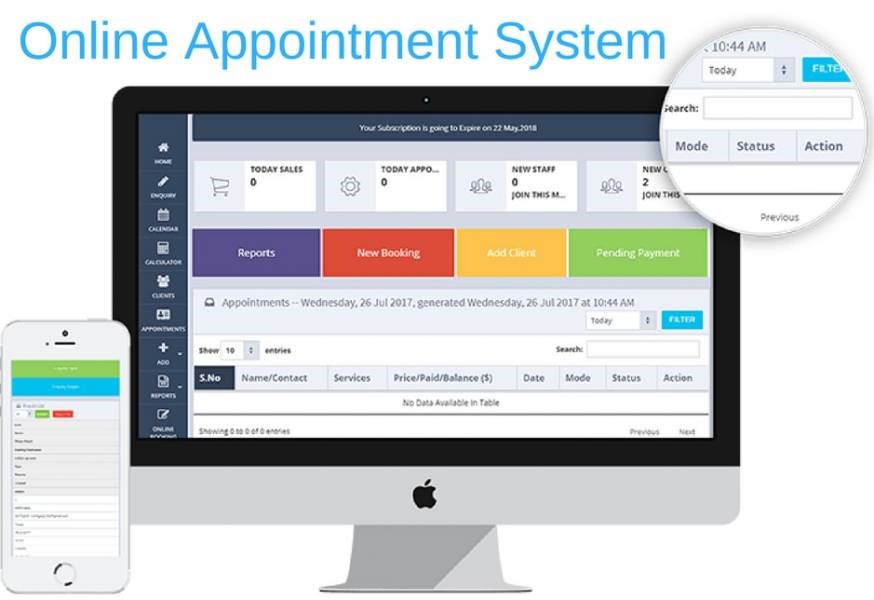Climate change is a worrying issue that affects every government and individual in the world. According to NASA, Earth’s average temperature has increased around 1.1°C since the end of the 1800s, with most of the warming occurring in the last 35 years.
The likes of harsher heatwaves, rising sea levels, greater precipitation, shrinking ice caps, more hurricanes, and generally more erratic weather conditions are all devasting impacts of global warming that play a part on the state of the environment. However, do we truly know how climate change will affect specific aspects of society — such as business and trade?
With the Covid-19 pandemic having forced the part-time closure of all non-essential stores across the nation, it’s fair to say that the business and trade sector has had many variables impact its success recently. More specifically, research into the issue of changing weather patterns and how this could affect UK commerce, comes from leading UK suppliers of luxury umbrellas, Fulton Umbrellas.
What about Transport?
The impact climate change will have on infrastructure will differ across the EU, with some countries being more at risk of this than others, according to the European Commission. From roads and buildings to bridges and railways, most aspects of infrastructure that help people work and commute could be adversely hit by global warming.
One potential outcome of climate change is longer heatwaves. Unfortunately, extreme heat can damage major roads, which may lead to more congestion and affect how easily and quickly people can travel to work day by day. In turn, this reduced efficiency could negatively impact productivity in the workplace and alter the job landscape. If it’s harder for employees to commute, companies will have to put more money and effort into offering incentives to make travelling easier in order to attract the best workers, which may impact on profits — especially detrimental to small and mid-size companies.
Transport can withstand the local weather occurrences that it is used to enduring in most European countries. However, if an area is subjected to a growing number of storms and precipitation, this will reduce the longevity of structures like bridges and roads. This means that local authorities may have to use more public spending to maintain and repair infrastructure to ensure its safety — money that could have been used elsewhere.
With this said, in terms of the emissions that vehicles produce, it’s suggested the negative impact they cause has been partially put on hold. Recent studies suggest that since global economic lockdown restrictions have limited the need for travel via vehicles, global emissions have decreased by 17million tonnes a day lower than the 2019 average. Think of the climate and the business sector having an interdependent relationship on each other. What impacts one, impacts the other. Therefore, this part time pause on individuals travelling to and from work will, in the long run, help prevent the potential extreme weather patterns effecting transport infrastructure.
Climate Change and People
A study conducted by Friends of the Earth found that due to climate change, millions of people’s livelihoods and living situations have been affected, forcing them to leave their homes. Shockingly, the UN Refugee Agency claims that, eventually, changes to weather and environment will become the greatest instigator of population displacement.
Not only can extreme weather conditions such as droughts and heatwaves affect a country’s ability to grow food and feed its population, it can also make living, working and raising families much more difficult. During the Syrian drought of 2006-2009, approximately 1.5 million people left the nation and by 2100, around 75 per cent of the global population might be exposed to deadly climate situations.
On the other hand, the lockdown restrictions that were placed on countries throughout the world, are suggested to have caused the biggest fall in anthropogenic emissions since World War 2. Although other initiatives such as the Paris Agreement are striving to prevent climate change, the continuous issue of extreme weather patterns and environmental changes may result in an increasing number of people being forced to migrate elsewhere. This could put an initial strain on national economies, housing, education, and medical care until people adapt to their new home country.
The Farming Industry
According to the Food and Agriculture Organization of the United Nations, farming is responsible for more greenhouse emissions than exhausts from all transportation put together. Also, livestock and its by-products make up 32,000 million tonnes of CO² a year — that’s more than half of all global greenhouse gas emissions!
Climate change has been branded the ‘greatest threat to global health in the 21st century’ by the World Health Organization. It’s easy to argue that commercial sectors guilty of particularly high carbon emissions — such as agriculture — will face strict protocols and monitoring to reduce their already heavy carbon footprints.
If global warming continues, businesses within sectors that handle livestock or trade in food sourced from farms may be scrutinised more closely. In fact, every sector may face stricter regulations to help lower carbon outputs. If agricultural processes are deemed not eco-friendly enough, the government may levy higher taxes on them, which would reduce their profit margin — not an attractive outlook for anyone considering starting up in the sector. This could lead to reduced numbers of farming and agricultural businesses, which would have a knock oneffect on the amount of food produce the UK would have to import and how much it can export.
The Potential Positives
If we do not get the issue of climate change under control, it will affect more than just the weather since the aftershocks could be significantly harmful to the UK. However, it’s the nationwide drive for climate change control that will bring positive effects to the UK.
In order to provide increased greener energy sources that help not only create more jobs, but also better air conditions, technology firms invest more into research and the production of new technologies.
To help protect people living in flood-risk districts, countries will have to invest more in water management to prevent individuals being affected by drastic weather conditions. Again, this is a positive when you consider how devastating flooding can be and it will also allow for more housing projects to take place in areas previously deemed ‘at risk’. This, in turn, may ease the pressure on providing adequate housing for families.
We’re already seeing positive steps in the right direction being made by the UK motoring industry, as the rise of eco-friendly electric cars have helped lower vehicle emissions. Despite lockdown measures having negative intrusions on our everyday lives, for the environment, it has seen many positive changes. If more daunting statistics regarding the detrimental effects of climate change are taken seriously enough by the government, we could see a greater push towards cleaner vehicles like these, which will improve air quality for pedestrians and motorists alike.
Climate change is happening. However, making changes to how we travel when we no longer have to work from home due to the Covid-19 pandemic could see us continue to make huge improvements on the state of the environment.







